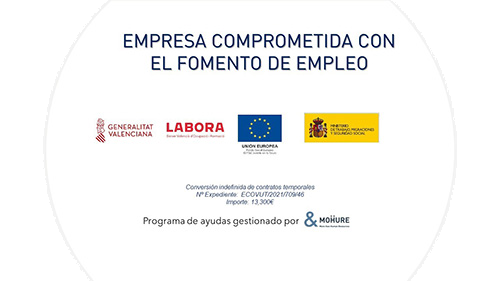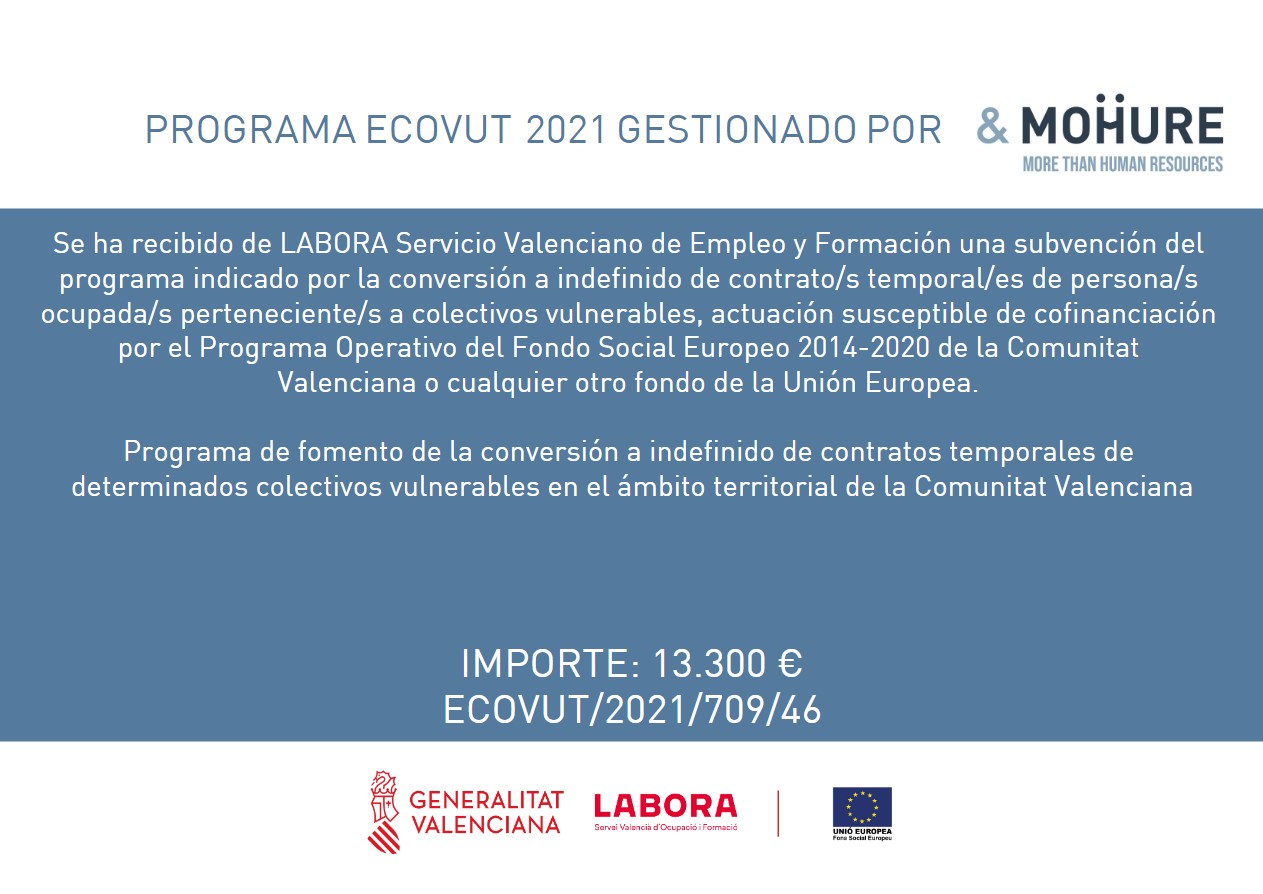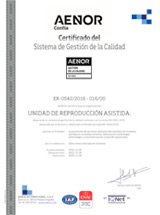Realizing that dream of forming a family is an objective which is reached by going down a path riddled with numerous factors all of which are different. Our habits, genetic predisposition, diet, stress, and many other variables can be of influence at the time of looking to become pregnant, but one of the most important factors is the biological one. For this reason, although it may seem complicated a priori, people with a low ovarian reserve can also become pregnant.
Compared to males who generate spermatozoids every 90 days, women are born with a limited number of ovules. Therefore, to sum up, the ovarian reserve is the number of ovules which a woman has. This ovarian reserve decreases as time passes in quantitative as well as qualitative terms, especially as we have previously mentioned in this article, beyond 35 years of age. However, there can also be fundamental problems which produce a shortage, irrespective of the amount of time which actually passes.
Although age is the determining factor regarding a low reserve of ovaries, the quantity and quality of the oocytes can also be determined by other causes. The only way of knowing if a person’s ovarian reserve is low is by doing a medical test, as there are no physical symptoms, apart from the time spent trying naturally but unsuccessfully to become pregnant.
Pregnancy with low ovarian reserve
In this scenario, the following question arises. Is it possible to achieve a pregnancy in people with low ovarian reserve? The answer is clear: yes. Although obviously there may be less options, this does not imply that a low ovarian reserve means infertility. At least not in relative terms: fewer options, yes, impossibility to achieve a pregnancy, no.
This is what a study published in October 2017 by a group of doctors and specialists in fertility from the USA demonstrated, in which 800 women of ῞advanced reproductive age῝ ( the average was over 33 years of age ) and the conclusion was that there was no significant difference among the options to achieving a pregnancy.
The main way to gain assurance before the arrival of a poor ovarian reserve is vitrification. Freezing the ovules during the period in which the ovocitary quality is at an optimum for reproduction and storing them in order to give them use at a more advanced age when the decision is made to form a family.
Of course, a low ovarian reserve does not mean that other assisted reproductive treatments cannot be undertaken additionally. In vitro fertilization can be a great solution, meaning it’s not necessary to give up on that dream of forming a family even though time may have passed or biologically it may seem difficult.











